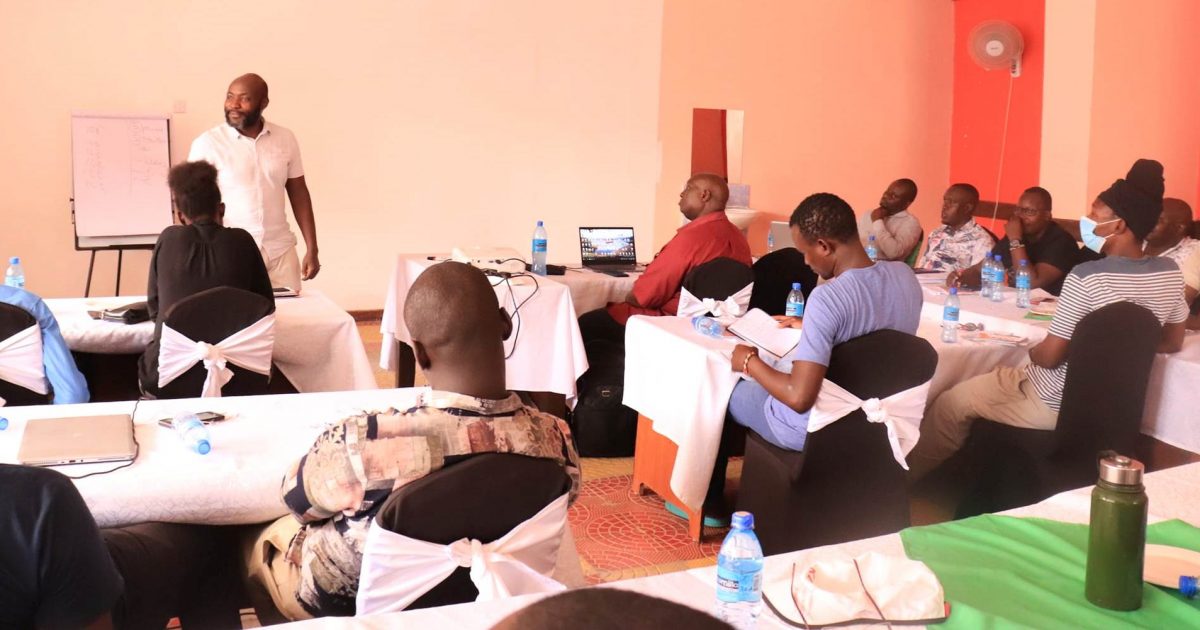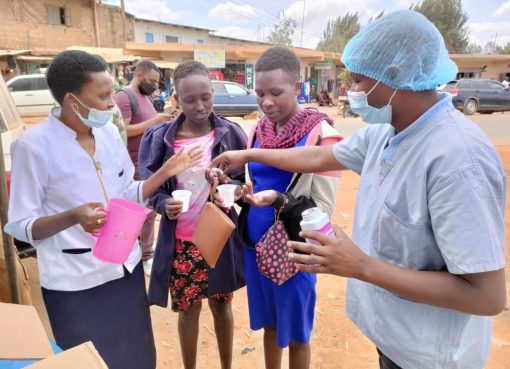Turkana County Government, through the County Department of Health and Sanitation, has intensified its fight against kala-azar, a fatal neglected tropical disease, focusing on early diagnosis and treatment.
This approach comes after thirty healthcare workers, from all sub-counties, were trained on visceral leishmaniasis – commonly known as kala-azar – case diagnosis and management.
The five-day training, supported by Foundation for Innovation New Diagnostics (FIND) and moderators from the National Ministry of Health’s Division of Vector-borne and Neglected Tropical Diseases (NTDs), primarily focused on early detection and treatment.
Director of Preventive and Promotive Dr Bonventure Ameyo urged the participants to integrate surveillance for post-certification of guinea worm, trachoma and other NTDs.
“Eradication of kala-azar will depend on breaking the transmission cycle by identifying all kala-azar patients and getting them on early treatment,” he said.
The county has 23 diagnostic and 17 treatment kala-azar sites; with additional treatment sites soon to be established in Kokuro Health Centre and Napak Dispensary in Kibish Sub-county, and Kainuk Health Centre in Turkana South.
Deputy Director of Family Health, Gabriel Lopodo, appreciated FIND and the National Ministry of Health for their support in the fight against the tropical disease.
In his presentation, the County Vector-Borne and NTDs Coordinator, Jimmy Loree, stated that early diagnosis and treatment led to quick recovery thus decreasing length of stay in hospital.
He advocated for increased kala-azar and other NTDs surveillance along the borders of Uganda, Ethiopia and South Sudan; as patients often migrate into Kenya seeking medical attention.
Charles Magiri, the FIND Country Focal Point, assured the organisation’s continued support particularly on testing kits, capacity building and drugs.
The moderators, Dr Esther Chebet and Daniel Mwiti, appreciated the participants for their commitment to learn and urged them to disseminate the knowledge to their colleagues and communities.
By Peter Gitonga





